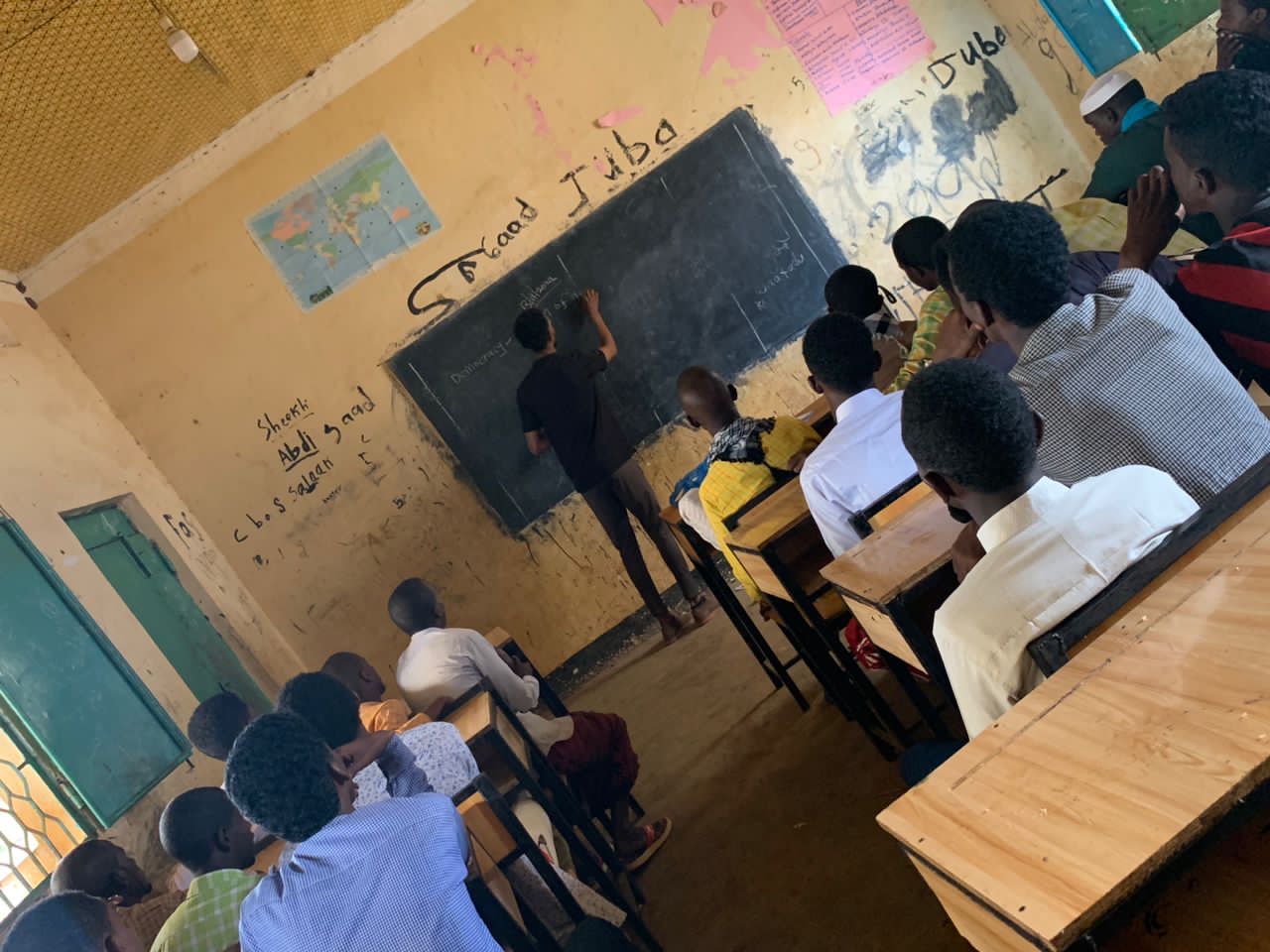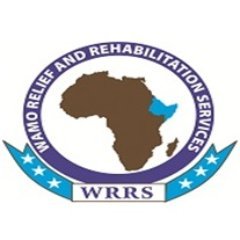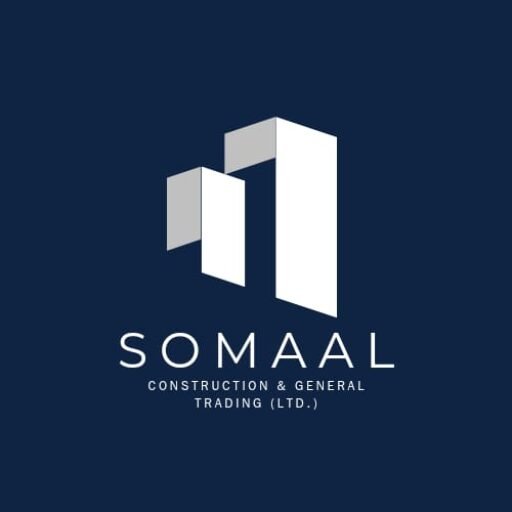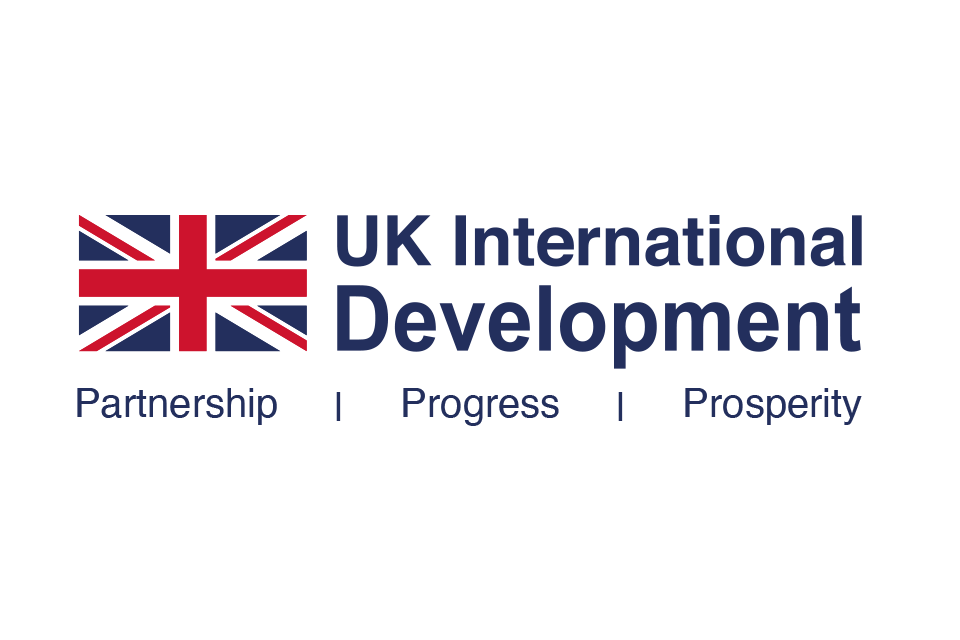Can Democratic Engagement Reduce the Appeal of Violent Extremism Among Internally Displaced Persons in Somalia?

Funded by IPA’s Peace and Recovery Program and in partnership with Wamo Relief and Rehabilitation Services (WRRS) and the Somaal Consultancy, researchers conducted a randomized pilot evaluation to assess whether a digital training intervention promoting civic engagement to internally displaced persons (IDPs) in Somalia impacted attitudes towards democracy and violent extremism.
Can coupling programming designed to help participants heal from past perceived transgressions with programming to teach peaceful democratic civic engagement reduce the risk of radicalization and violent extremism? In Somalia, WRRS implemented two curriculum-based programs for young men in IDP camps: the REACH curriculum, which seeks to promote emotional healing from previous interpersonal wounds, and the UCARE curriculum, which focuses on fostering skills for nonviolent democratic civic engagement. Training lasted approximately 12 hours over two weeks delivered in three-hour sessions.
In partnership with Somaal Consultancy, researchers conducted a randomized pilot evaluation to measure changes in participants' attitudes towards democracy and violent extremism before and after the REACH and UCARE training. The program was divided into two modules. Researchers randomly assigned 1,050 men aged 18-30 living in two IDP camps—Towfiiq near Baidoa and Lafoole near Kismayo—to one of the following groups:
- REACH (during module 1), UCARE (during module 2)
- UCARE (during module 1), REACH (during module 2)
- Alternative risk education program (over two modules)
- Comparison group receiving unconditional cash transfers (two modules)
Results expected to be available in 2025.
This project was funded by UK International Development, awarded through Innovation for Poverty Action's Peace & Recovery Program.
Implementing Partners

Research Partner

Funding Partner













